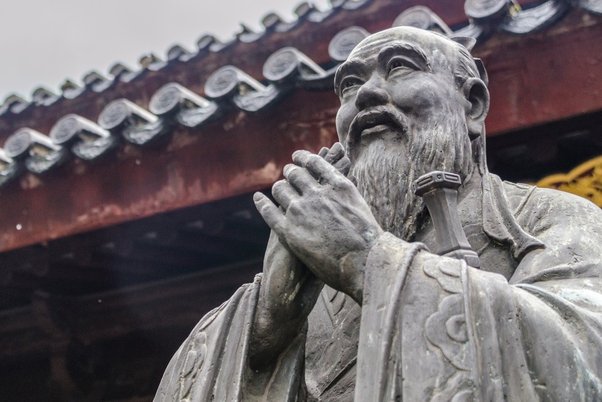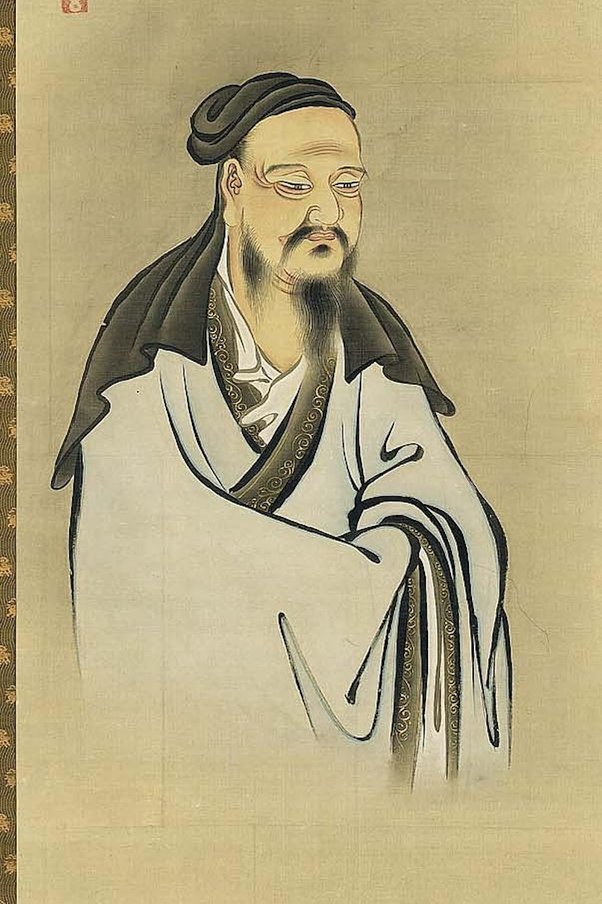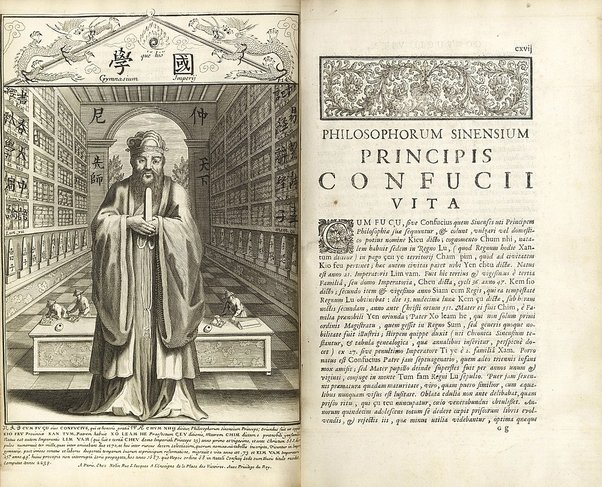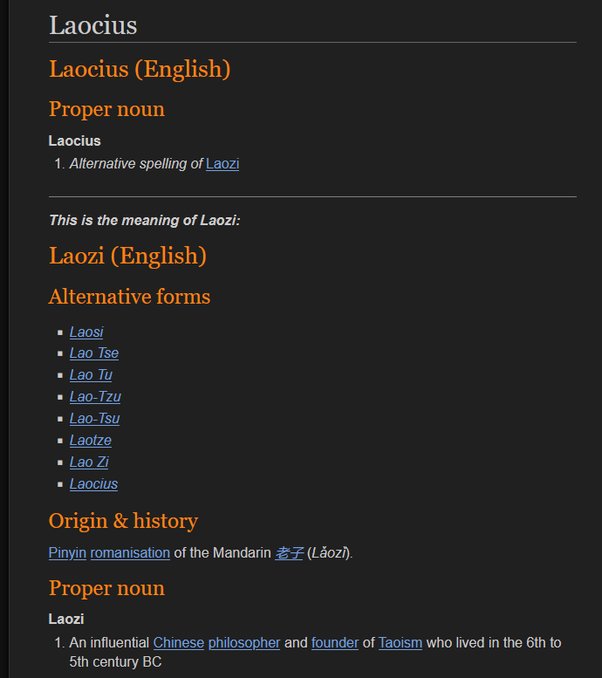It’s been Latinized

Confucius is one of the most influential Chinese philosophers. His philosophy, Confucianism, forms the basis of much of what we think of as East Asian culture. He lived in what is now modern China, between 551 and 479 BC, never having once heard the term China, been told the year, or even having been called Confucius.

The man we call Confucius was born Kong Qiu (孔丘). Being Chinese Kong is his family name, while Qiu is his given name. Throughout most of his life he was known by his courtesy name, Zhongni (仲尼). Later, as a sign of respect he would be known as Master Kong, or Kong Fuzi (孔夫子).

In 1687 Jesuit missionaries would bring Kong Fuzi’s work to Europe, translating it into Latin, which was considered the language of the educated elite at the time. In the process of transliting his writings, the Jesuits would also translate his name into Latin. Kong Fuzi became Kong-Fuzi-us, Confucius. The Jesuits basically treated his name as a 2nd declension Latin noun.

Confucius wasn’t the only person to get this treatment. Famed astronomer Nicolaus Copernicus would have been known as Mikołaj Kopernik in his native Polish.
Eventually other great Chinese philosophers would have their work translated into Western languages. But by the time this happened the practice of Latinizing names fell out of fashion. Which is why we call the writer of the Tao Te Ching Laozi(老子) and not Laocius.
